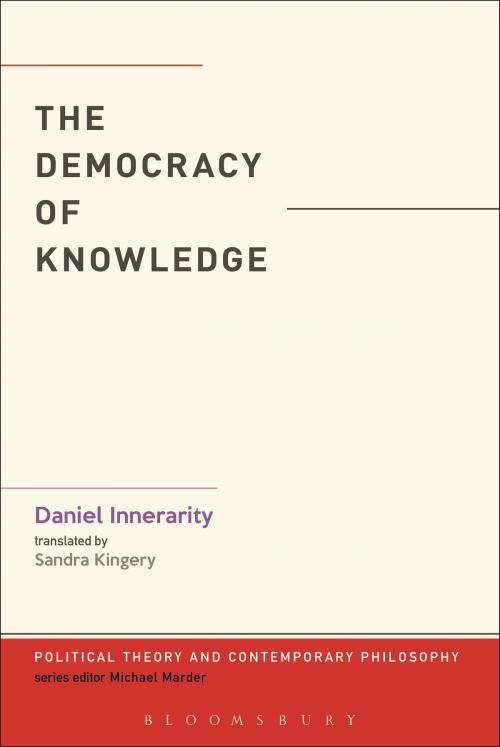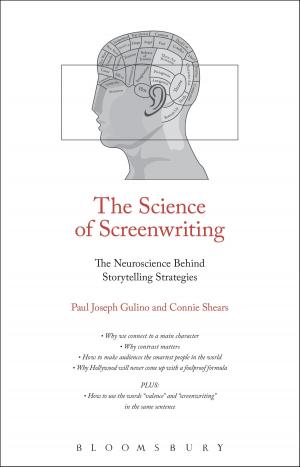The Democracy of Knowledge
Nonfiction, Religion & Spirituality, Philosophy, Political, Social & Cultural Studies, Political Science| Author: | Dr. Daniel Innerarity | ISBN: | 9781623560331 |
| Publisher: | Bloomsbury Publishing | Publication: | July 4, 2013 |
| Imprint: | Bloomsbury Academic | Language: | English |
| Author: | Dr. Daniel Innerarity |
| ISBN: | 9781623560331 |
| Publisher: | Bloomsbury Publishing |
| Publication: | July 4, 2013 |
| Imprint: | Bloomsbury Academic |
| Language: | English |
This volume in the Political Theory and Contemporary Philosophy series extends democracy to knowledge in two ways. First, it argues that the issues science seeks to clarify are relevant for all citizens. Second, it explains that the fundamental problems faced by any democracy, such as the economic crisis, are not so much problems of political will as cognitive failures that must be resolved through both a greater knowledge of the realities over which we govern and a fine-tuning of the tools of governance. In fact, knowledge and related fields are spheres in which not only economic prosperity, but also democratic quality, are determined. Thus politics of knowledge and through knowledge has become a question of democratic citizenship.
After introducing the concept of governing knowledge, the book discusses the political action of collective organization of uncertainty, before developing the idea of the cognitive challenge of the economy, revealed by today's economic crisis. A groundbreaking work by a renowned philosopher, it will be an accessible and fundamental resource for anyone interested in the relation of power to knowledge.
This volume in the Political Theory and Contemporary Philosophy series extends democracy to knowledge in two ways. First, it argues that the issues science seeks to clarify are relevant for all citizens. Second, it explains that the fundamental problems faced by any democracy, such as the economic crisis, are not so much problems of political will as cognitive failures that must be resolved through both a greater knowledge of the realities over which we govern and a fine-tuning of the tools of governance. In fact, knowledge and related fields are spheres in which not only economic prosperity, but also democratic quality, are determined. Thus politics of knowledge and through knowledge has become a question of democratic citizenship.
After introducing the concept of governing knowledge, the book discusses the political action of collective organization of uncertainty, before developing the idea of the cognitive challenge of the economy, revealed by today's economic crisis. A groundbreaking work by a renowned philosopher, it will be an accessible and fundamental resource for anyone interested in the relation of power to knowledge.















